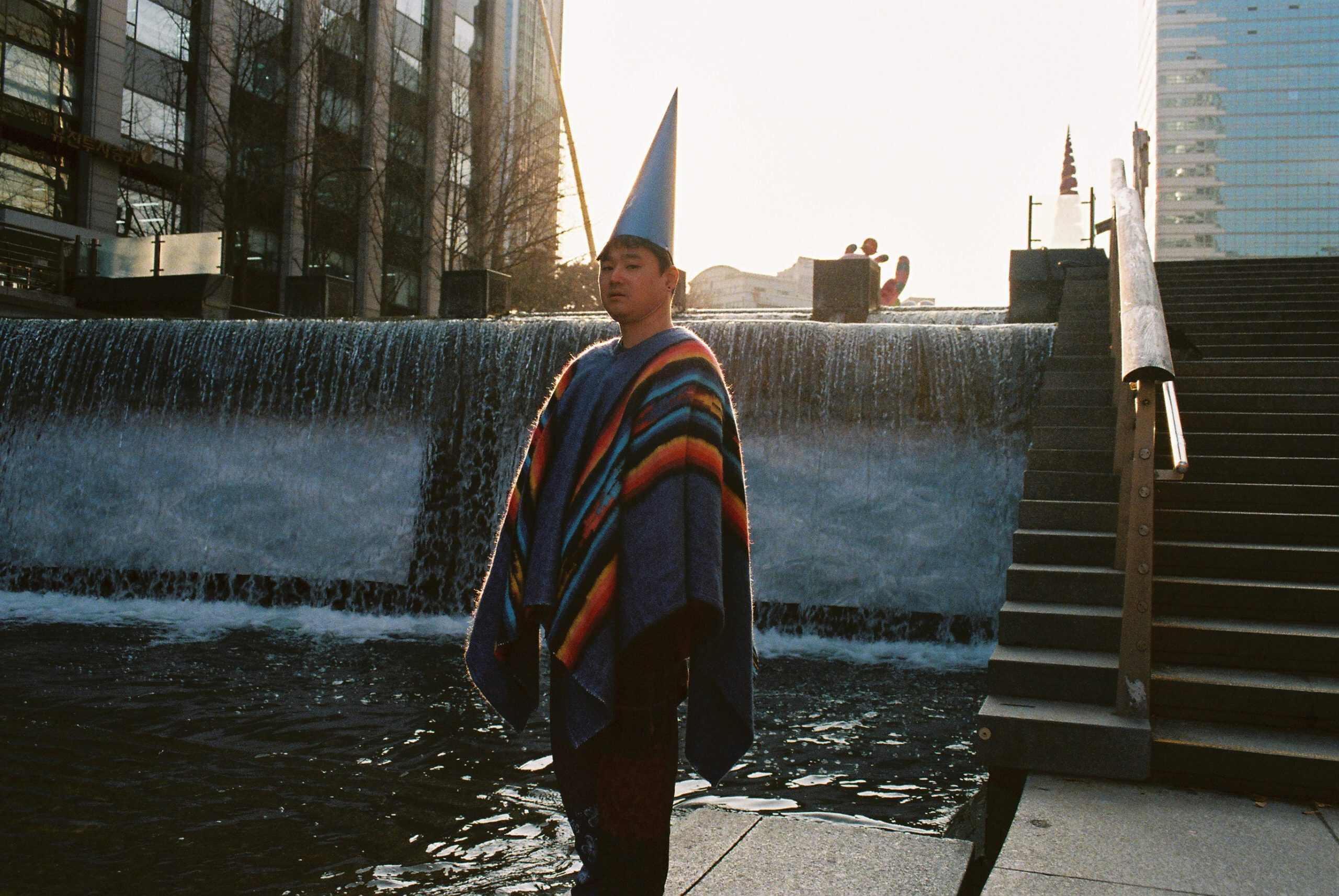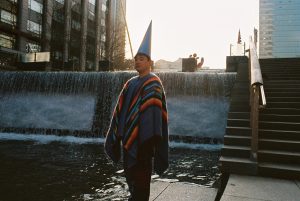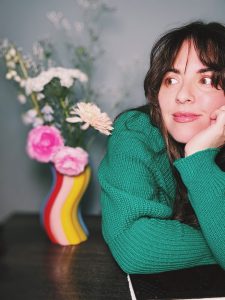With “City Centre,” Korean-born producer and sonic polymath Senior Dunce makes a powerful entrance as a solo artist, fusing club-ready house rhythms with the emotional gravity of cultural displacement. The track marks not only his public debut under this eccentric moniker, but also a celebration of what it means to belong, to misstep, and to still find meaning in the music.
For an artist best known behind the scenes, as a sound designer, educator, and former club owner, stepping into the spotlight is no small act. But with over 20 years of creative experience under his belt, Senior Dunce arrives fully formed, offering a single that is as personal as it is danceable.
From its opening bars, “City Centre” locks into an infectious groove: pulsing kick drums, textured synth stabs, and flickering vocal loops that swirl like late-night neon. Yet behind the fast-paced house textures lies something deeper — a story about miscommunication, homesickness, and unexpected connection.
The inspiration? A simple mispronunciation. As a Korean expat in Liverpool, Dunce found himself saying “centray” instead of “centre,” and instead of ridicule, he was met with laughter and acceptance from his local friends. That small moment, feeling seen while feeling lost, became the emotional nucleus of the track.
The result is a sonic duality: euphoria tinged with ache, celebration layered over solitude. Mixed and mastered by Cass Irvine (Wired Masters), the track sounds both massive and meticulous, shaped by Dunce’s obsession with sonic detail and the emotive possibilities of sound design.
Adding to the track’s subtle complexity is a mysterious British vocalist, who sings in slightly off-accented English, a playful and poignant nod to Dunce’s own linguistic discomfort. The track also features a brief but striking Korean rap segment from artist GIMPADO, weaving cultural duality directly into the song’s DNA.
This hybridity is further explored in the music video, created by frequent collaborator Muturn, who, without a full lyrical translation, intuitively interpreted the song through dance. The result is a visual that feels both instinctive and deeply aligned with the track’s emotional core: fluid, introspective, and full of human warmth.
As an artist, Senior Dunce leans into contradiction. His name, his aesthetic, and his creative choices all point to a philosophy of embracing failure and awkwardness as essential truths, not things to overcome, but things to dance with. It’s a subversion of club culture’s usual sleekness, one that feels refreshingly vulnerable.







